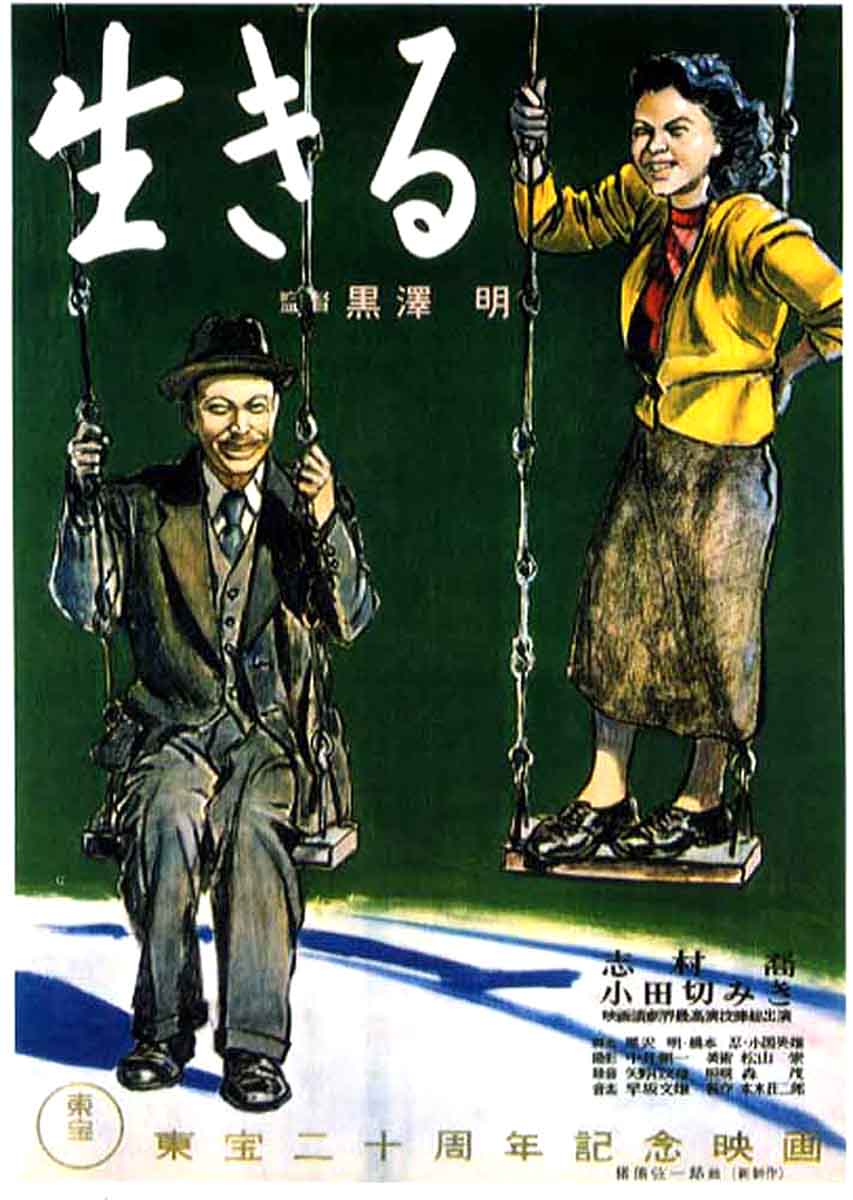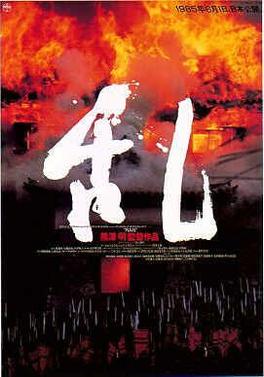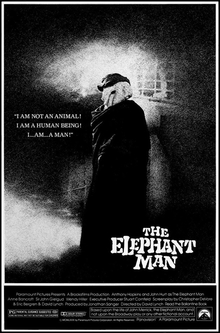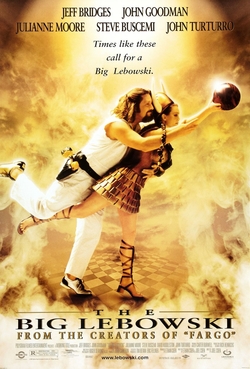 |
| Source: Wikipedia |
Frankly, he's a weird kid. Friendly to animals, precocious artist, a total space cadet. At school, he's the punching bag; at home, the doofus makes his conventionally successful older brother look good. Which infuriates their disciplinarian dad. He's convinced his young son is dumb and the problem is his attitude.
Never mind sports, the kid's too uncoordinated to put on a shirt without help. When school gets too hard, he plays hooky and seeks solace in his deranged cartoon imagination. Simple arithmetic becomes whimsical adventures about colliding planets. The parents send him to boarding school (to toughen him up), then special school (when he's too tough to let anything out).
Then he meets the teacher to change his life.
The substitute art teacher. Who shows up to the first day of class dressed as a rapping French elf clown. He shares life lessons in song while dancing on desks. And instantly obtains choreographic control over a conga line of twerking schoolchildren.
(I ... what ... you ... you got me, Bollywood. I expected "unconventional," and not a single word of the previous paragraph.)
So the *ahem* unconventional teacher pries the potential out of the repressed genius using the rainbow crowbar of LEARNING THROUGH FUN. Through his experience instructing mentally retarded children, he explains to parents and superintendents the symptoms of dyslexia.
As it turns out, "stars on earth" refers to children and their unwritten futures, not huge raging balls of gas that would obliterate the planet and possibly the solar system. All it takes is a stellar teacher to keep the gas-balls from collapsing prematurely, to release an impossibly gifted child who can then achieve a predictably uplifting ending.
Can we spare a teacher's undivided attention for each troubled child? Hell no. The pay isn't worth it. Which emphasizes the rarity of these exceptional cases. And the tragedy of how many latent geniuses remain undiscovered -- or worse, become engineers.
(For example, I could be a kazoo prodigy and never know it. You could have been a world-renowned pet masseuse. But here we are. Where did we go wrong.)
164 minutes.
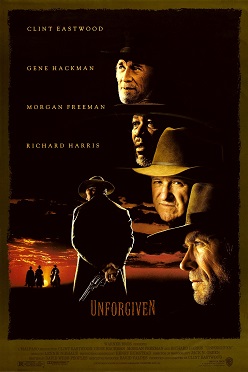

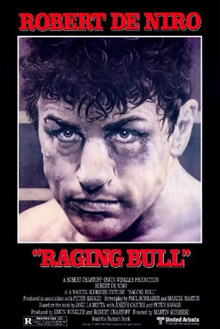

.jpg)
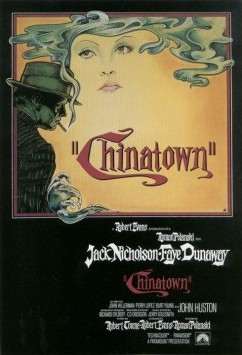



.jpg)

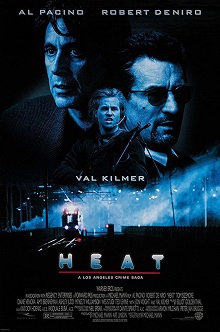




.jpg)


